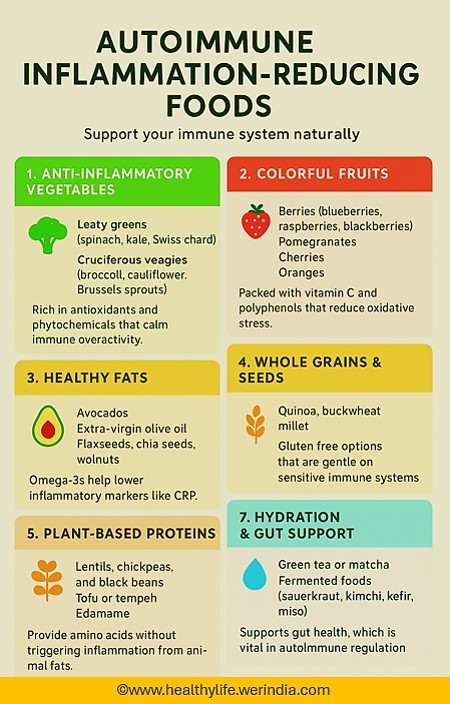
Egg Allergy
Eggs are one of the most common food allergens. People with an allergy to chicken eggs may also be allergic to other types of eggs, such as goose, duck, turkey or quail. Egg allergy develops when the body’s immune system becomes sensitized and overreacts to proteins in egg whites or yolks. When eggs are eaten, the body sees the protein as a foreign invader and sends out chemicals to defend against it. Those chemicals cause the symptoms of an allergic reaction.
Egg Allergy Symptoms:
- Skin reactions, such as swelling, a rash, hives or eczema
- Wheezing or difficulty breathing
- Runny nose and sneezingRed or watery eyes
- Stomach pain, nausea, vomiting or diarrhea
- Anaphylaxis (less common)
Management: Avoid eating eggs, Read food labels; use alternatives to eggs in recipes. Inform your health care providers about your egg allergy; some flu vaccines and the yellow fever vaccine contain egg protein in varying amounts. Many recipes can be modified to avoid the need for eggs. When recipes call for three or fewer eggs, substitute each egg with a mixture of 1 tablespoons of water, 1 tablespoons of oil and 1 teaspoon of baking powder. Alternative substitutes are 1 packet of unflavored gelatin dissolved in 2 tablespoons of warm water (mixed when ready to use), or 1 teaspoon of yeast dissolved in cup of warm water.
Author: Sumana Rao | Posted on: May 26, 2016






















Write a comment